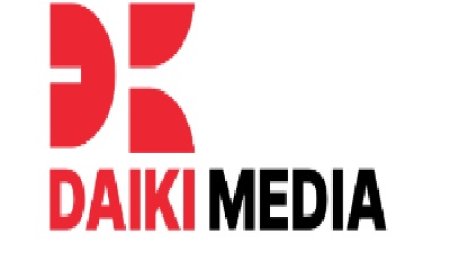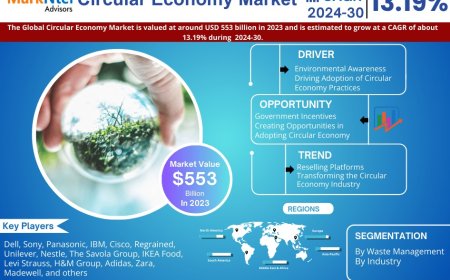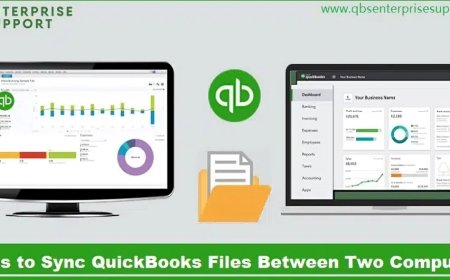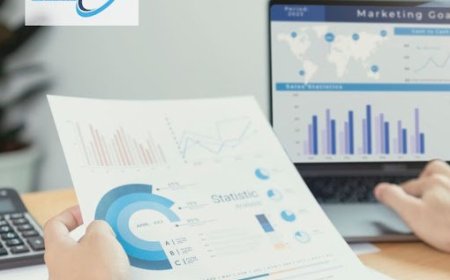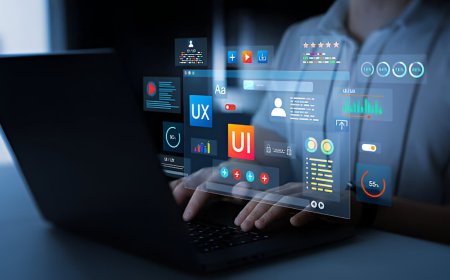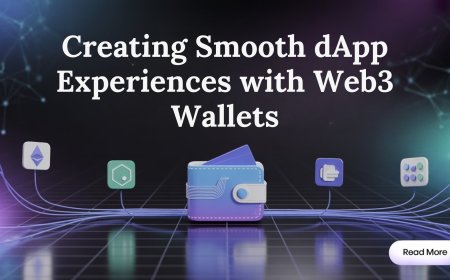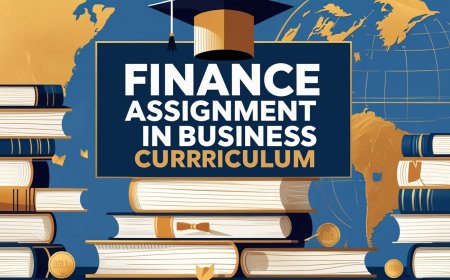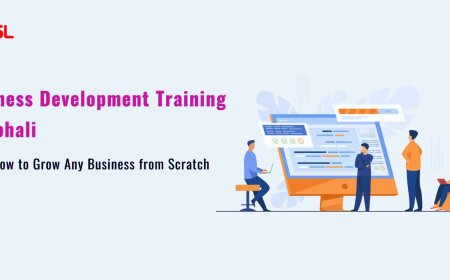Why Lifelong Learning Is Reshaping Modern Education

The concept of education has changed significantly in recent years. No longer is learning confined to school classrooms or college lecture halls. Today, the idea of lifelong learningthe continuous development of skills and knowledge throughout ones lifeis becoming a central part of how we think about education.
In this post, well explore what lifelong learning really means, why its gaining momentum, and how its influencing the broader educational system. Whether youre a student, a professional, or someone simply curious about how people learn, this article will help you understand why lifelong learning matters more than ever.
What Is Lifelong Learning?
Lifelong learning refers to the practice of continuously acquiring knowledge and skills, regardless of age, profession, or formal education background. It doesnt necessarily involve enrolling in full-time courses or pursuing degrees. In fact, it often takes place through:
-
Online courses and certifications
-
Community workshops or adult education programs
-
Reading, listening to podcasts, and self-study
-
On-the-job training and professional development
-
Personal projects or hobbies that involve learning new things
This kind of learning is flexible and self-directed. People choose what they want to learn, when, and how. And that flexibility is one reason its becoming so popular.In the same way weve adapted to modern shopping habitslike ordering vapes online
Why Lifelong Learning Is Gaining Traction
A few decades ago, most people believed that education had a beginning and an endusually somewhere around graduation. Today, thats no longer the case. Here are some reasons lifelong learning is on the rise:
1. Job Market Demands
Technology is changing the nature of work at a fast pace. Skills that were valuable five or ten years ago may no longer be relevant today. As a result, many workers need to upgrade their skills or learn entirely new ones just to stay competitive.
-
According to the World Economic Forum, half of all employees will need reskilling by 2025.
-
Many industries are shifting towards digital platforms and automation, which require new skill sets.
Even traditional fields like healthcare, education, and finance are seeing rapid changes in tools and methods. This constant evolution is driving professionals to seek opportunities to learn and adapt.
2. Access to Online Learning
The internet has transformed access to information. Anyone with a computer or smartphone can now learn almost anythingfrom coding and graphic design to baking or even advanced mathematics.
-
Platforms like Coursera, Udemy, Khan Academy, and others offer thousands of affordable or free courses.
-
Many colleges and universities now offer online degrees and certificates.
-
YouTube tutorials, blogs, and podcasts have made informal learning easier and more accessible than ever.
People no longer have to quit their jobs or move to a new city to pursue learning. They can fit it into their schedules, at their own pace.
3. Personal Growth and Curiosity
Not all learning is career-related. Many people simply enjoy exploring new topics, challenging themselves, or developing hobbies. Lifelong learning supports:
-
Mental stimulation and brain health, especially as we age
-
Better understanding of the world and different cultures
-
A sense of purpose and self-fulfillment
In short, continuous learning helps people stay engaged with life, remain open-minded, and feel more capable.
How Lifelong Learning Is Changing Formal Education
As more people embrace learning beyond the classroom, educational institutions are adapting. Heres how:
1. Flexible Learning Models
Colleges and training centers are offering more flexible options to cater to adult learners and working professionals:
-
Evening and weekend classes
-
Hybrid programs that combine online and in-person learning
-
Short-term, skill-based courses instead of full degrees
These options allow learners to balance education with work, family, and other responsibilities.
2. Micro-Credentials and Certifications
Instead of investing time and money into long academic programs, learners are turning to micro-credentialsshort, focused certifications that demonstrate specific skills.
-
Examples include Googles professional certificates, Microsoft badges, and AWS certifications.
-
Employers increasingly value these as proof of up-to-date, practical skills.
These bite-sized learning opportunities align better with the fast-changing nature of todays workforce.
3. Recognition of Non-Traditional Learning
Many institutions are beginning to recognize learning that happens outside of the classroom:
-
Portfolio-based assessments
-
Credit for prior learning and life experience
-
Acknowledgment of skills gained through jobs, internships, or self-directed projects
This broader view of learning supports inclusivity and recognizes the diverse ways people gain knowledge.
What This Means for Learners
Lifelong learning isnt just a trendits becoming essential. Heres how embracing it can benefit you:
Stay Competitive in Your Career
-
You can keep up with industry developments and stay relevant.
-
Learning new tools or technologies can help you switch careers or get promotions.
-
Youll be better prepared for economic shifts or job disruptions.
Improve Cognitive Health
-
Research shows that learning new skills can keep your brain sharp as you age.
-
It encourages memory, problem-solving, and critical thinking.
Build Confidence and Independence
-
Mastering new topics can give you a sense of achievement.
-
Youll be more self-reliant and adaptable in a changing world.
Create a Well-Rounded Life
-
You can explore interests outside of workart, history, languages, music, and more.
-
It adds variety and balance to daily life, reducing stress and boredom.
Final Thoughts
Lifelong learning is not about going back to school. Its about staying curious, being open to change, and actively seeking knowledge in everyday life. Whether its learning a new language, picking up coding, or understanding new policies in your field, small steps matter.
In the same wayusing vape delivery serviceseducation is evolving to become more user-friendly, flexible, and lifelong. The tools are already in our hands; we just need to make use of them.
Modern education is no longer about ticking off a degree and calling it a day. Its about continuous learning that keeps us growing, both professionally and personally. In a world that changes fast, the best way to keep up is to never stop learning.







